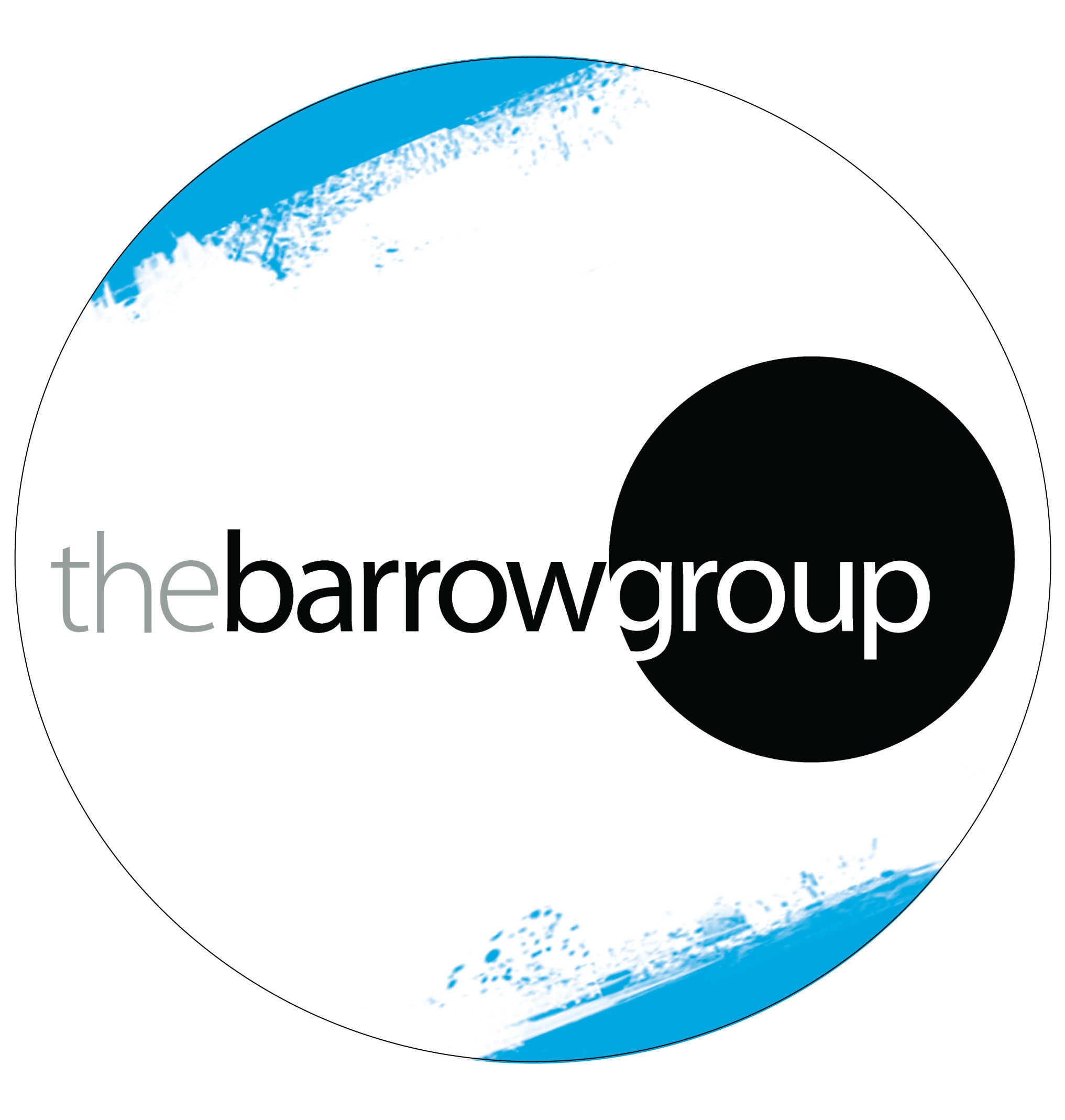Choosing the Perfect Monologue
Many times you will be asked to perform a monologue for an audition. You should have four ready – modern serious, modern comedic, period serious, and period comedic. The Barrow Group’s theater school in New York City can help you make selections that are perfect for you. You want a monologue that shows off you in a role which you could play. Monologues should be updated as you age; performing your amazingly funny Princess Buttercup when you’re in your forties isn’t as much entertaining as it is sad. You need guidance to find the perfect pieces, and The Barrow Group can give that to you.
Preparing Your Monologue
 Once you have your monologue(s), our team of professional instructors will help you to polish your choice(s). They teach how to break down the piece(s) into beats, find the humor or drama in each selection, and how to best emote those so that you have a monologue that catches the attention of the director or producers. It’s said that those casting make their decision thirty seconds into the monologue. The Barrow Group’s theater classes will help you make that thirty second cut by being engaging from the get-go. You don’t get a chance to warm up. With our instruction, you will catch their eye and be considered for the perfect role.
Once you have your monologue(s), our team of professional instructors will help you to polish your choice(s). They teach how to break down the piece(s) into beats, find the humor or drama in each selection, and how to best emote those so that you have a monologue that catches the attention of the director or producers. It’s said that those casting make their decision thirty seconds into the monologue. The Barrow Group’s theater classes will help you make that thirty second cut by being engaging from the get-go. You don’t get a chance to warm up. With our instruction, you will catch their eye and be considered for the perfect role.
Your Entrance
How you enter the room or onstage says a lot about you immediately. You want to come in with lots of energy, take your mark, and announce who you are and what you’ll be doing with great confidence. You are being judged from the moment that the director or producers lay eyes upon you. Practice your introduction, Too few actors do that crucial step, and they suffer because of it. If they don’t like you in the first few seconds, you’ll have a difficult time winning them over. You can make your introduction unique and attention grabbing. One of Barbara Streisand’s audition techniques was to come onstage pretending to chew gum and putting it under the stool, before she opened her mouth and proved why she is the star she is today. That’s a bit extreme, but it gives one example of how to stand out.
The Audition
You have the best monologue prepared, thanks to your training with The Barrow Group’s theater classes in New York City, have introduced yourself and your piece, and now are ready to present your talent. Take your time if there’s not a time limit. Too often an actor, usually due to nerves, will rush through a piece, not showcasing their skill with the material. If you need a chair or stool, set that before you begin or while you’re doing your introduction. Don’t present your monologue directly to the auditioners, forcing eye contact; place your audience above their heads. If you are talking directly to them, the director or producer might find it uncomfortable or pay attention too much instead of taking notes. If they are taking notes during your audition, don’t be discouraged. That’s usually a good sign. It shows they consider you worthy enough to want to remember specific things about your audition.
Cold Readings
Sometimes the director or producer will have you read from the script or copy alone or with other people. You will usually have a little bit of time to read through it before you have to go onstage, but sometimes you will be doing just a cold reading. One suggestion you’ll learn while attending The Barrow Group’s acting classes is to run your thumb along the copy to keep your place. If you are acting with others, even if it’s the director feeding lines to you, be sure to act even when you’re not saying anything. This separates the professional from the amateur. If you have the opportunity to research the role beforehand, you will be far ahead of your competition. This is especially useful for plays; a lot of times it’s difficult for screen or television copy, because getting information on roles for a script for something which hasn’t yet been produced is almost impossible.
The director may give you acting suggestions and have you read again. This is a good sign. By asking you to audition again, the auditioner is showing interest in your talent and seeing if you can take direction. This is very important. You want to be easy to work with, and by following instructions you show respect and an ability to adapt.
Closing
Once you have finished your monologue or cold reading, take a moment to come back to yourself and thank your auditioners. This way they know you are done. They may have questions for you; answer them authoritatively and honestly. If they ask if you can roller skate and you haven’t been on wheels for years, you can say that you used to skate and could probably relearn quickly – if you can. Don’t lie and say you can do something you can’t, unless you plan to take lessons before the shoot or the show. When they have finished, thank them again, replace the chair/stool if you used it, and walk out with your head held high as if you are completely satisfied with your audition. Your studies at The Barrow Group theater school in New York City will ensure you will be.
